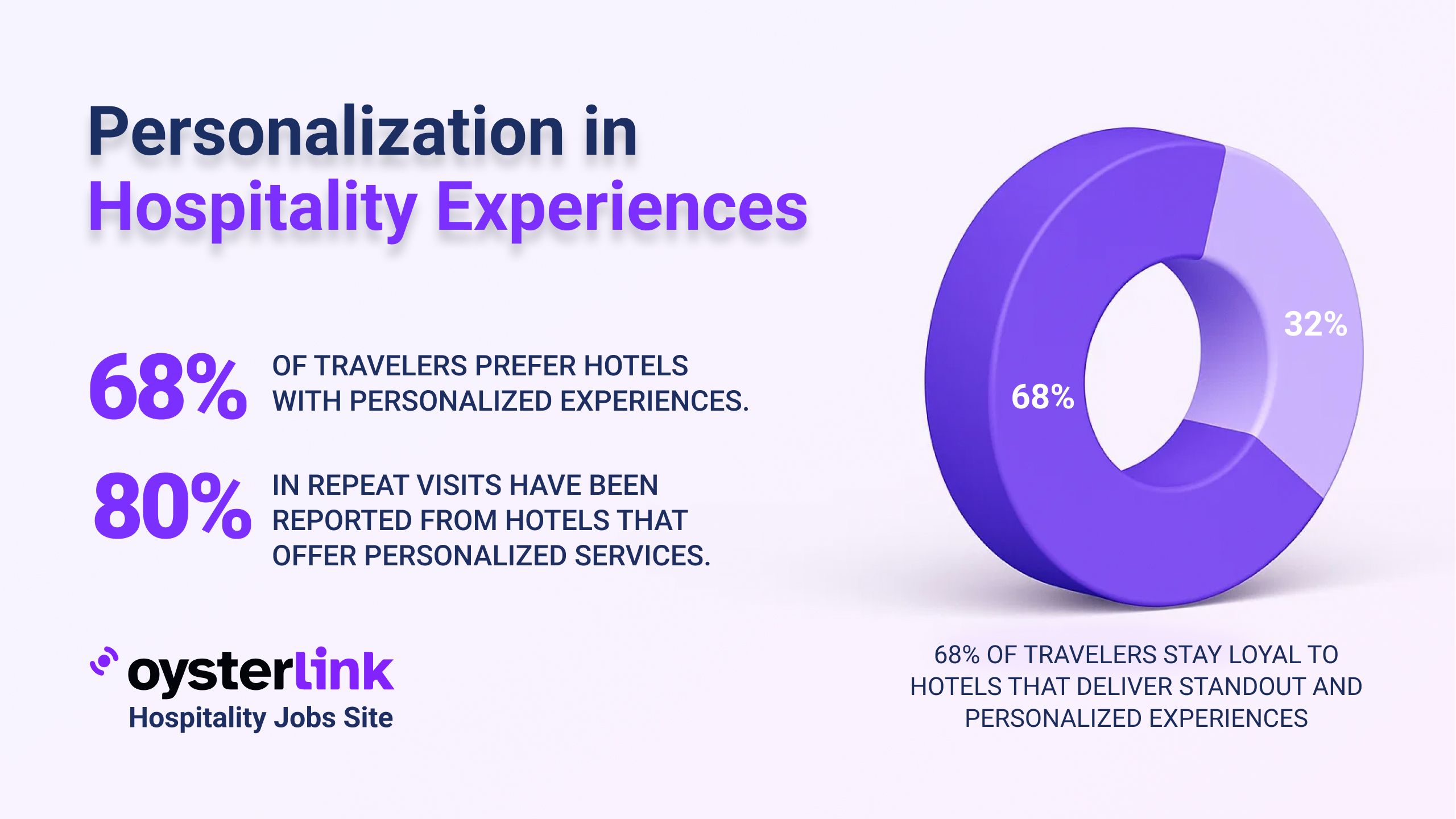Augusta, Georgia Cost of Living: Quick Takeaways
- Housing Costs: The average rent for a one-bedroom apartment in Augusta has increased steadily, estimated at $1,200 in 2025.
- Transportation Expenses: Public transit fares are affordable, with one-way fares at $1.50 and monthly passes at $50. Vehicle maintenance costs average $1,000 annually.
- Healthcare Costs: Monthly employer-sponsored health insurance premiums are around $120, with Silver plan costs about $500.
- Utilities and Groceries: Utility costs are slightly above national averages at $265.33 monthly, while grocery expenses are slightly below average at $300 per person monthly.
Augusta, Georgia offers a cost of living that is generally lower than the national average, especially in housing and healthcare expenses.
This article provides a detailed breakdown of the various factors influencing the cost of living in Augusta in 2025, including housing, transportation, utilities, and more.
1. Housing Costs in Augusta, Georgia
Housing comprises one of the largest expenses for residents. Below is a timeline of average rent for a one-bedroom apartment in Augusta:
- 2010: $700
- 2015: $800
- 2020: $900
- 2024: $1,062
- 2025: $1,200 (estimated)
These figures demonstrate a steady increase in rental prices, reflecting growing housing demand and other economic influences.
For those managing or consulting in the hospitality sector in Augusta, understanding the real estate market trends in hospitality can provide insight into local economic conditions and workforce housing challenges.
2. Homeownership and Real Estate Trends in Augusta, Georgia
For prospective homeowners, the median home price trends over the years are as follows:
- 2010: Approximately $120,000
- 2015: $140,000
- 2020: $160,000
- 2024: $174,000
- 2025: $174,776 (projected)
The steady appreciation suggests a stable real estate market and potential investment opportunities for homeowners in Augusta.
3. Transportation Expenses in Augusta, Georgia
Transportation options and associated costs affect residents’ monthly budgets. Key figures for Augusta include:
- Public Transit One-Way Fare: $1.50
- Monthly Public Transit Pass: $50.00
- Fuel Cost Per Gallon: $3.09
- Annual Vehicle Maintenance: $1,000
These costs can vary depending on individual commuting habits and choices.
4. Utility Costs in Augusta, Georgia
Monthly utility expenses for an average household typically include:
- Electricity: $194.33
- Internet: $71.00
- Total Utilities Monthly: $265.33
Utility costs in Augusta are slightly above the national average by about 2%.
Restaurant owners in Augusta might consider efficiency improvements to manage utility costs effectively; see our restaurant utility cost guide for practical strategies.
5. Grocery and Food Expenses in Augusta, Georgia
Food expenses form a substantial part of living costs. Estimated monthly grocery costs per person are approximately $300. Dining out ranges from casual meals at $12 to mid-range restaurant meals costing around $68.
Hiring skilled kitchen staff is essential to managing food expenses and maintaining quality. Learn more about hiring reliable kitchen staff to optimize your restaurant's food cost and service.
6. Healthcare Costs in Augusta, Georgia
Healthcare affordability is crucial for many residents. Employer-sponsored health insurance premiums average around $120 monthly, while individual Silver plan premiums cost an estimated $500 monthly.
7. Educational Expenses in Augusta, Georgia
Education costs vary across public and private sectors:
- Public Schools: Generally no direct tuition costs
- Private School Tuition: Approximately $10,000 annually
- In-State University Tuition: Roughly $7,000 per year
These figures provide guidance for families planning educational budgeting.
8. Entertainment and Leisure in Augusta, Georgia
Recreational expenses enrich lifestyle choices. Common entertainment costs include:
- Movie Ticket: $10
- Gym Membership Monthly Fee: $40
- Meal at a Mid-Range Restaurant: $50
Annual entertainment expenditures average about $2,000, with personal care services estimated at $600 per year.
9. Taxes and Miscellaneous Fees in Augusta, Georgia
A clear understanding of taxes is essential for residents:
- State Income Tax Rate: Ranges from 1% to 5.75%
- Sales Tax: Total sales tax rate is 8%
- Property Tax Rate: Approximately 0.91%
These taxes influence overall expenses and should be factored into budgeting.
10. Childcare and Family Expenses in Augusta, Georgia
Families with children face additional costs such as childcare:
- Daycare Monthly Cost: $800
- After-School Programs Monthly: $300
- Extracurricular Activities Monthly: $100
These expenses require careful financial planning for families.
11. Clothing and Personal Care in Augusta, Georgia
Monthly spending on clothing and personal care typically includes:
- Clothing Expenses: About $100
- Personal Care Products and Services: Around $50
These costs can vary with individual preferences.
12. Insurance Costs in Augusta, Georgia
Different types of insurance contribute significantly to living costs:
- Health Insurance Monthly Premium: $500
- Annual Auto Insurance Premium: $1,200
- Homeowners Insurance: About $1,000 annually
- Renters Insurance: $200 annually
Insurance is vital for financial security and compliance with legal requirements.
Hospitality business owners should consider restaurant insurance costs carefully to protect their investments and manage risks effectively.
13. Miscellaneous Expenses in Augusta, Georgia
Additional costs add to the overall living expenses:
- Entertainment Annual Spending: $2,000
- Personal Care Services Annual Spending: $600
- Miscellaneous Goods and Services Annual Spending: $500
These vary according to lifestyle and personal preferences.
14. Income and Salaries in Augusta, Georgia
Income levels provide important context for affordability. Median household income trends include:
- 2010: $40,000
- 2015: $45,000
- 2020: $50,000
- 2023: $55,000
- 2025: $57,000 (projected)
These figures indicate gradual income growth in the region.
For those interested in hospitality careers in Augusta, exploring the hospitality job interview statistics can provide insights into local employment trends and salary expectations.
15. Comparison with National Averages
Augusta's cost of living compared with U.S. national averages shows:
- Overall Cost of Living: Approximately 16% lower than the national average
- Housing: About 37% lower
- Utilities: Slightly higher, about 2%
- Food: Roughly 4% lower
- Healthcare: 19% lower
- Transportation: About 5% lower
- Goods and Services: 10% lower
These comparisons highlight Augusta's affordability in key expense categories.
Our Methodology for Augusta, Georgia Cost of Living Figures
To provide accurate and reliable cost of living data for Augusta, Georgia, we utilize multiple trusted sources including the Bureau of Labor Statistics, Numbeo, Zillow, local government reports, and industry forecasts. When precise data is unavailable, informed estimates are applied to ensure a comprehensive and current overview.
Augusta, Georgia Cost of Living: Conclusion
Augusta offers residents an affordable cost of living compared to national averages, especially in housing and healthcare costs, which are significantly lower.
While utilities are slightly higher, overall expenses remain manageable for most households. The city's steady income growth and diverse amenities make it an attractive location for families and individuals seeking value and quality of life.
Understanding these factors aids in effective personal financial planning and supports informed decisions about living in Augusta, Georgia in 2025.
Employers in the hospitality industry in Augusta can learn valuable hiring strategies in the region by consulting the restaurant staff hiring spotlight to attract and retain the best talent.


.jpg)


.jpg)